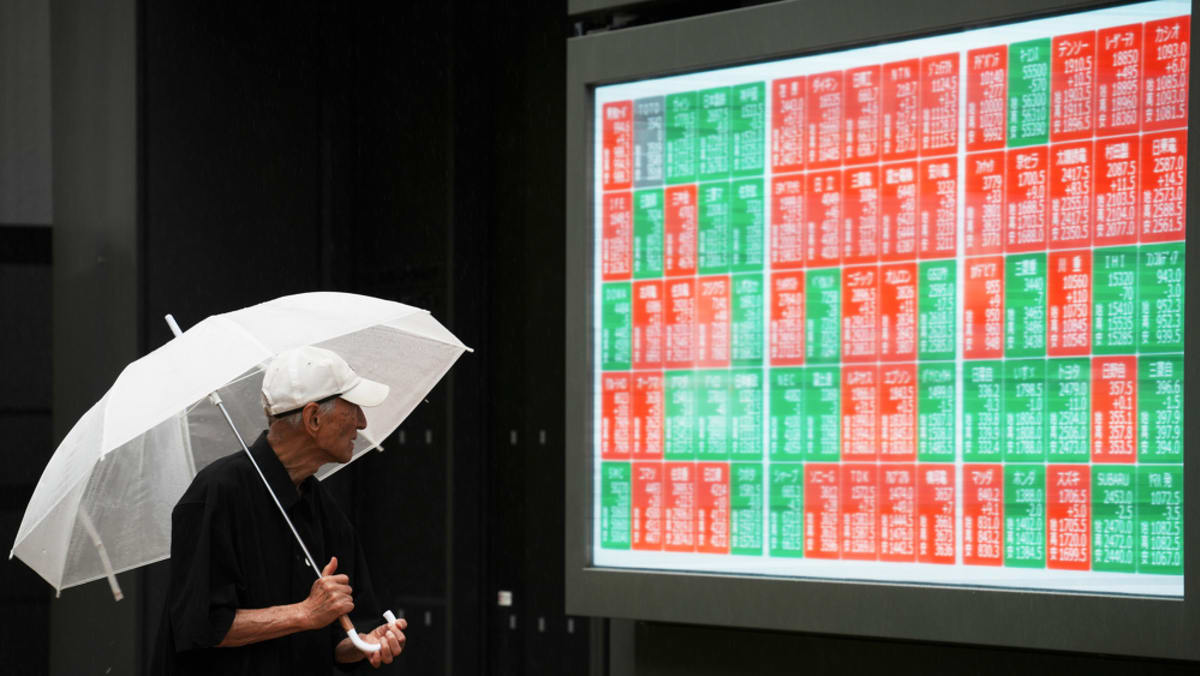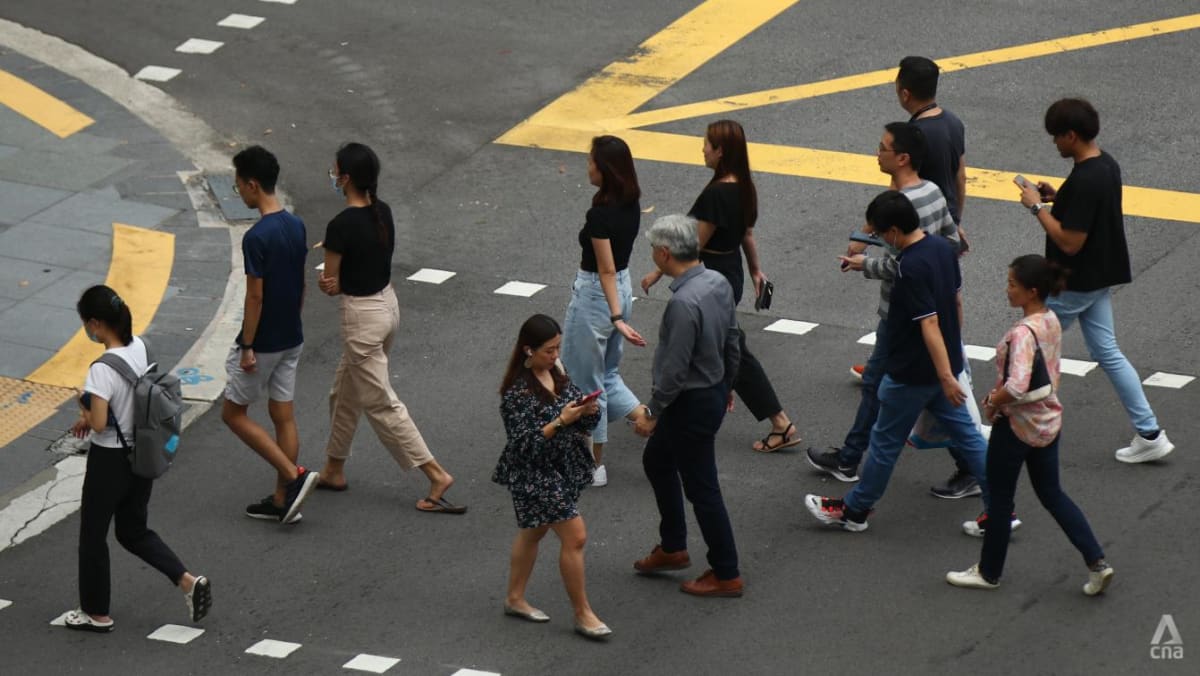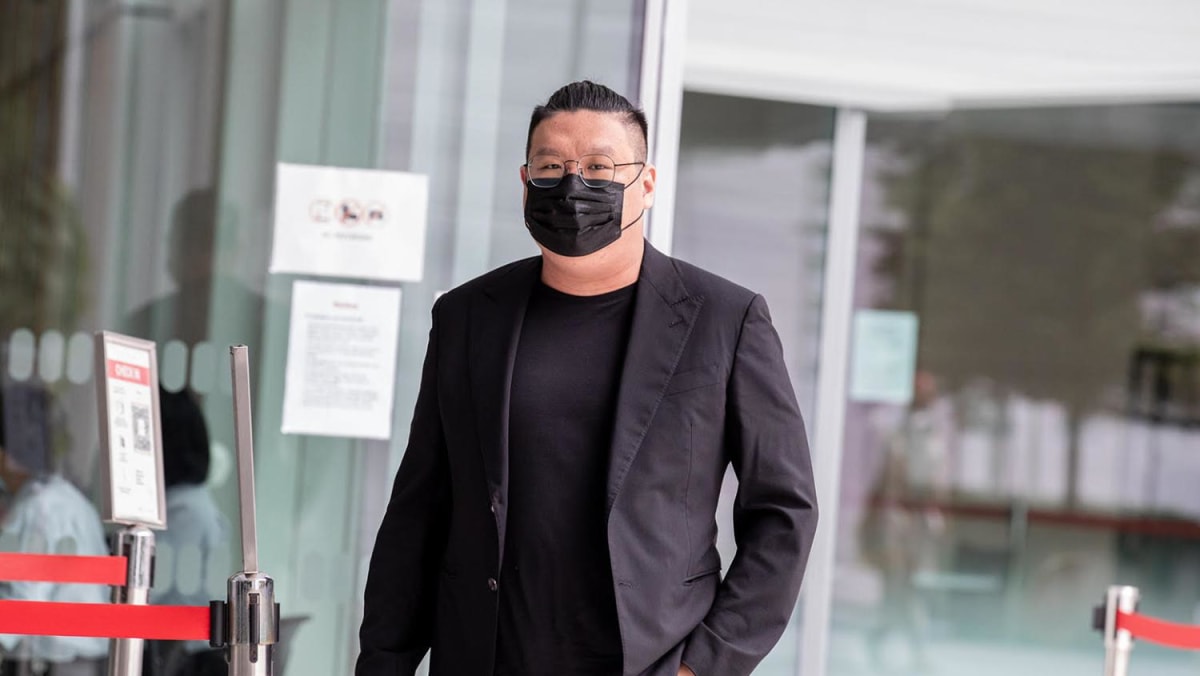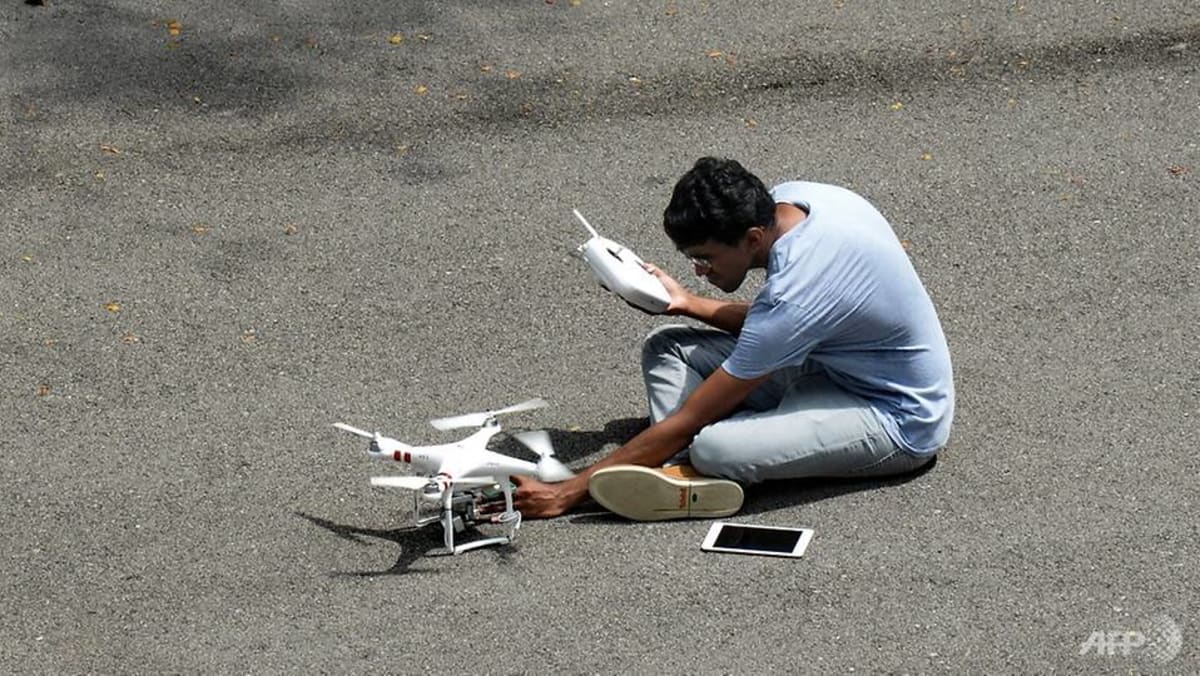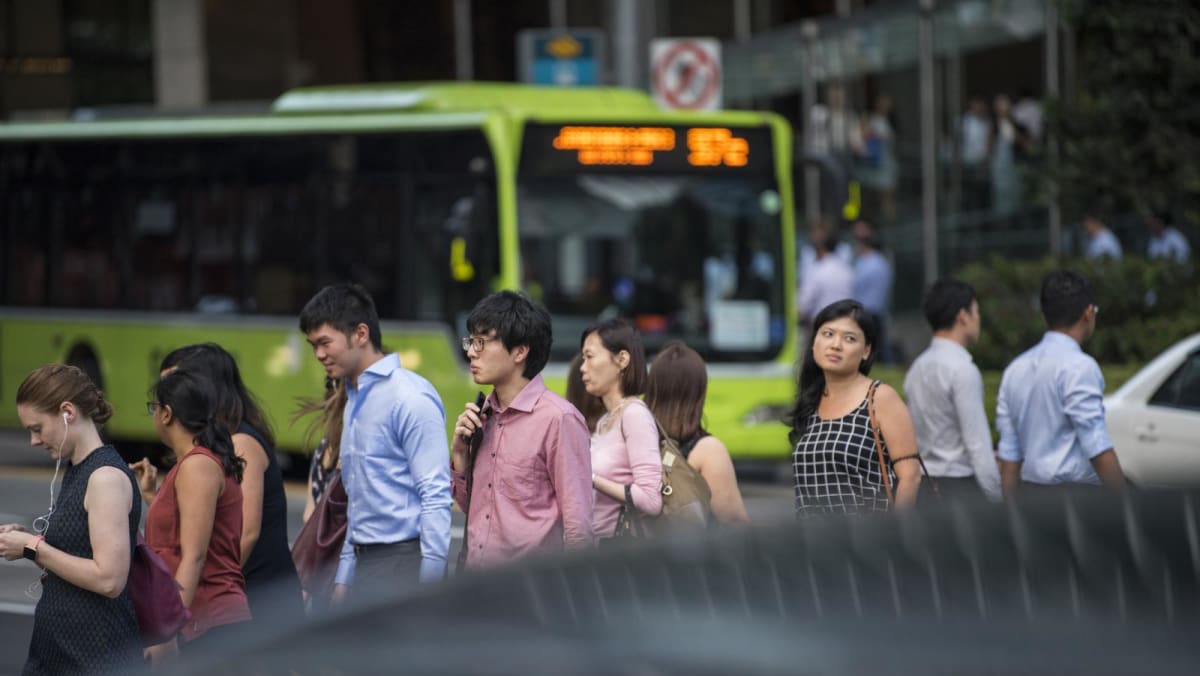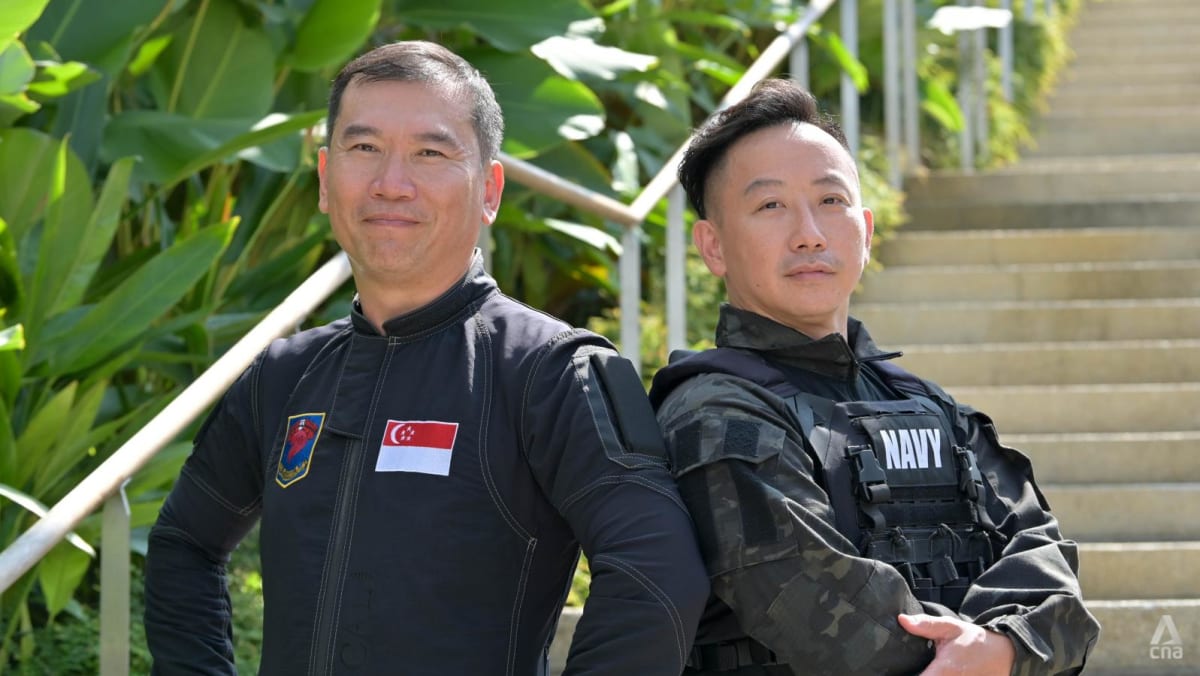Asst Prof Mei also highlighted the CDC vouchers as a way to provide immediate support. But he doesn’t see the need to change Singapore’s fiscal policy drastically at the moment.
Ms Ling of OCBC said an “expansionary fiscal stance” where the government spends more would mitigate the tariff shockwave.
Singapore’s government could consider an additional Budget package if downside growth risks become a reality, she suggested.
What else can Singapore do?
Trading with the US has become more difficult under Trump’s leadership, Asst Prof Mei pointed out.
“Singapore should be prepared for a trade network without the US,” he said, adding that the country should work together with major economies such as the European Union and China to defend the World Trade Organization framework.
Ms Ling said Singapore should still increase engagement and negotiation with the US, while strengthening economic partnerships outside the US.
Southeast Asian nations need to be more united; and Singapore needs to improve its domestic ecosystem so that it’s competitive when it comes to productivity, innovation, research and development and more, she said.
“(The) national approach has to be one of remaining trade- and market-friendly; staying open for business and talent; (and) sticking to a global or multi-lateral economic framework.”
NTU’s Asst Prof Ye said that while fiscal and monetary policies can mitigate short-term fluctuations, regional cooperation and developing comparative advantages would be most important and effective.
“They offer greater resilience, a more sustained long-term impact and more fundamental improvements in addressing the uncertainties of global trade.”
Investing in human capital and upgrading workforce skills will help in adapting and seizing growth opportunities in the digital economy, he added.
“These advantages are suitable for a small advanced economy like Singapore to develop.”

